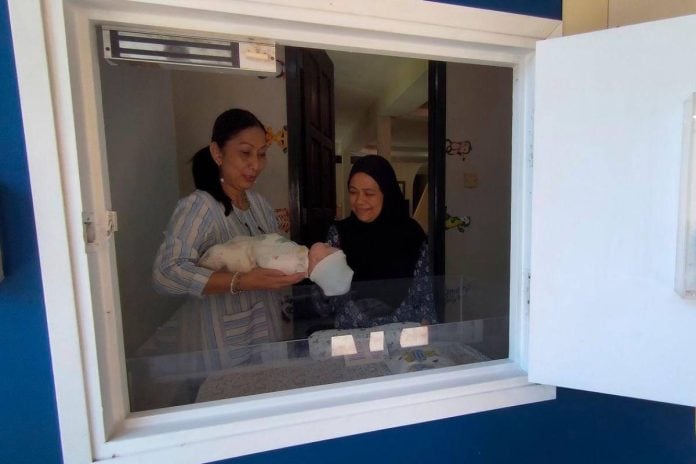PETALING JAYA: OrphanCare Foundation Malaysia trustee Nor Aishah Osman said more than 700 babies have been rescued through the baby hatch programme since its launch in 2009.
She said the babies were placed directly into specially designed, climate-controlled hatch facilities that allow for the anonymous and safe placement of newborns.
There were also walk-in cases in which expectant mothers, often in the final stages of pregnancy, sought help and counselling.
“This initiative was never about encouraging abandonment. It is about saving lives when desperate young mothers feel they have no other option.”
About 60% of the mothers who seek help choose to keep and raise their children after receiving counselling and support, while the remaining 40% opt for adoption.
“For walk-ins, we always help the mother explore her options first. Sometimes she feels overwhelmed and believes she cannot do it, but after counselling she realises she could.”
Each baby placed through the hatch is considered stateless until legal processes are completed, as OrphanCare does not record the identity of the person dropping off the child.
She said the anonymity is crucial as it encourages frightened mothers to seek a safe solution instead of abandoning their babies.
“We do not have CCTV pointed at the outside hatch. We only monitor the baby’s condition inside. We made a promise of anonymity and we keep it.”
While the baby hatch remains central to OrphanCare’s work, it is only one part of its wider operations.
“Baby hatch placements make up just over 20% of the total babies we have helped. The rest are walk-ins – young mothers who come to us for help. Many are in their final trimester and desperate. Through counselling and support, we guide them through their options.”
She added that OrphanCare does not operate as an orphanage but works closely with pre-approved adoptive families to ensure a safe transition when birth mothers cannot care for their babies.
“We have a stringent adoption process. Only first-time parents who are medically unable to conceive are eligible to adopt through us. We screen every applicant, conduct interviews and match babies only when we are confident the adoptive family can provide love and stability.”
The foundation also collaborates with KPJ hospitals, which host six baby hatch facilities across the country, including in Sarawak, Perak, Negeri Sembilan, Kelantan and Pahang. Together with OrphanCare’s three centres, there are nine baby hatches operating nationwide.
Nor Aishah said based on OrphanCare’s experience, most women give up their babies due to stigma, fear and lack of family support.
“More than 90% of the young women who come to us are Malay. In our community, there’s a deep shame attached to out-of-wedlock pregnancies. These girls are terrified of telling their parents. Some are even disowned.”
In many cases, pregnancies result from unintended relationships, sometimes between young couples who were planning to marry but were overwhelmed by fear and shame.
“There are cases in which the girl is a teacher. We have advised her to relocate temporarily, to Sabah or Sarawak, to give birth and return quietly. We want to stop them from making decisions they would regret.”
By contrast, she said non-Malay communities often have stronger family safety nets.
“The mother, aunt or grandmother would step in. It is less of an issue for them to raise a child born out of wedlock.”
While financial hardship and academic pressure are also factors, shame remains the main reason babies are surrendered.
She said saving a baby is not just about giving a home, but also giving the mother a second chance.
“We need to be less judgmental and more supportive. These young women need guidance, not condemnation. And these babies need love, not shame.”










